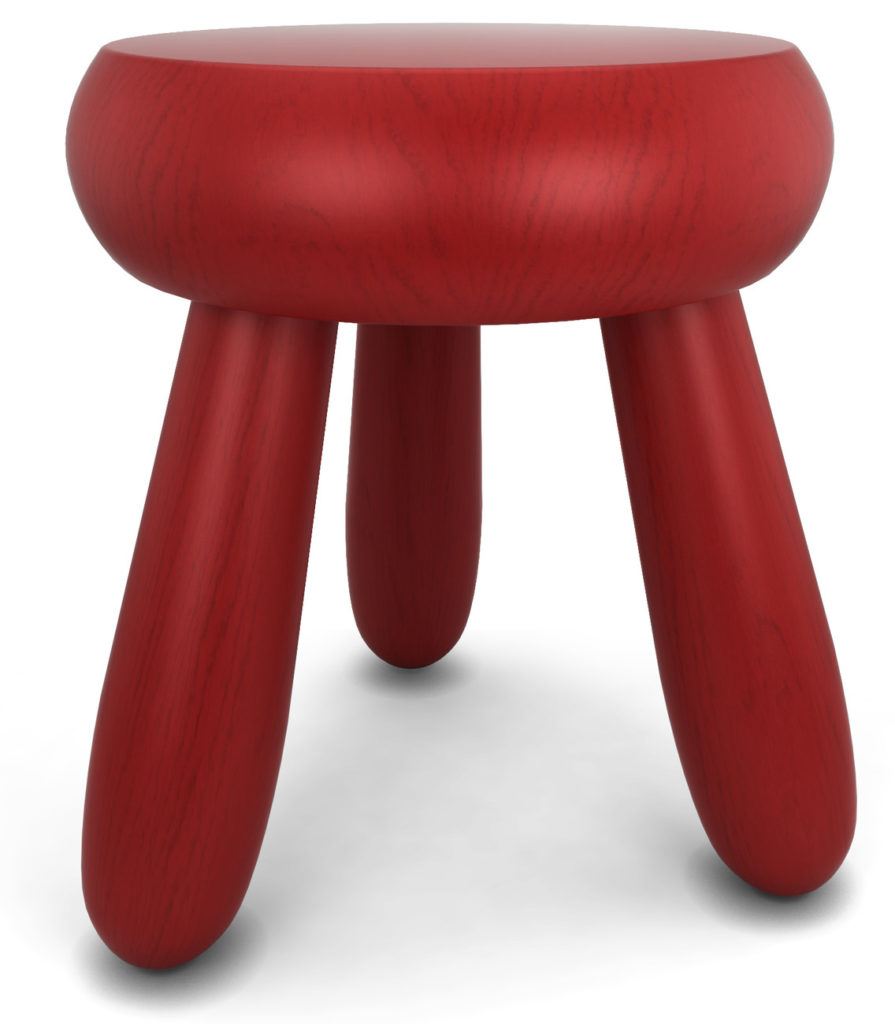Divorce and the Three-Legged Stool: Life Lessons for Children

Without a doubt, sharing the information with your children that Mom and Dad are ending their marriage ranks among the hardest conversations imaginable.
No matter what the reasons are for ending your marriage, both of you hope and wish your children to be emotionally safe.
The Children’s Divorce
One of the most important gifts of divorce mediation is the attention to the whole family. Among the first sentences expressed by every parent client I have is: “The children are our highest priority.”
In my practice, my parent clients and I spend a lot of time and attention on the children. Sometimes, I put small chairs in my office to imagine that the kids are with us. I almost always invite parents to show pictures or bring a print copy to display during our mediation. (See my collection of posts, The Children’s Divorce.)
The Three Gifts of Divorce
Ending your marriage may be sad, scary, and difficult, but staying in a loveless or high-conflict marriage is not healthy for any of the family members. What causes children the most pain when marriages end is conflict. If the air in your home is “polluted” by constant loud disagreements or slammed doors, everyone is gasping for breath. Creating two homes with “clean” air is a positive outcome and models three very important lessons for you and your children.
Honesty
When discussing the divorce with your children, emphasize that Mom and Dad are being honest with each other and with them. It’s honest to say, “This is not what marriage is supposed to look and feel like.” With teenagers, you can add “This is not the kind of marriage that we would wish for you in the future.”
Typically, your kids probably have heard you emphasize honesty all along. So when Mom and Dad model that honesty is important, even when being honest seems difficult, you as parents are staying consistent with what you say and are modeling what that behavior looks like.
Courage
Another important point to make with your children is, “This is the hardest decision that we have ever made in our lives, but it is the right decision for our family. Even so, hard decisions are often the right decisions.”
When parents avoid ending a marriage because it is hard and scary, they are showing kids that no decision, inaction, and paralysis are acceptable choices.
Letting your kids know that it takes courage to make a hard decision is an essential lesson that they will rely on throughout their lives. For example, you want them to make right decisions about drugs, alcohol, sex, and bullying. It’s easy for kids to assert that they would never take drugs when they are sitting at your kitchen table. It’s when they are confronted with peer pressure and temptation “on the street” that they need to have the courage to make the hard decision of saying no. Your divorce process is an opportunity to “connect the dots” about how important and courageous it is to do the right thing, even when it’s hard.
Resiliency (or Coping for Younger kids)
There will be pain and anger and sadness and confusion and sometimes even relief when children learn that their parents will live separately. These feelings are natural. The children will cycle through their emotions just like you did when you were making the decision to end your marriage. Like you, they will also experience ups and downs during the divorce process.
If you as the parents get stuck, the kids will get stuck. No question about it. Your children will follow your attitude and your lead.
What is essential is to show your children how it looks when processing difficult and painful information and emotions. Here are your choices: You can show them dignity and respect, or you can show them shame and blame.
No matter what the circumstances were that led you to divorce, how you behave and react to it will affect your children. How do you want your children to behave when they “hit a wall” in their lives? Whether it’s a bad grade, a party they were not invited to, a job not offered, or a best friend who is no longer a friend, you would want them to behave with dignity and respect. Now you have to show them what that looks like.
Committing, even guaranteeing, that Mom and Dad will show dignity and respect for each other and that the kids will not hear shame and blame is the strongest predictor of a positive adjustment for your children. Protecting them from shame and blame language eliminates their need to take sides or nurture one parent over the other. The key to having resilient children is to show them how to be better, not bitter.
Divorce’s Three-Legged Stool: Honesty, Courage and Resiliency
The three-legged stool of divorce may be sturdy or wobbly. When you find your stool wobbling, pause and consider which leg is “shorter” and pay attention to make it sturdy again. A sturdy stool with attention to all three legs provides guidance and reassurance to your children. It lets them see this difficult process in the context of a learning opportunity. Modeling and mentioning these three values throughout your life will help both you and your children through many situations.
Other Resources
The Impact of Conflict and High-Conflict Divorce on Children
Photo Credit: ©Can Stock Photo
